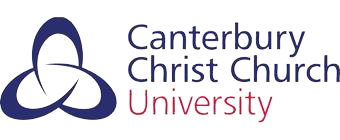Software Engineers who can collaborate with others in effective teams to produce reliable, robust software on time and on budget are in very high demand.
This is a dynamic course that will develop your skills in analysis, design, programming, testing and evaluation. You will learn to produce secure, high quality, usable and adaptable software systems.
This degree will also develop your skills in analysis, design, programming, testing and evaluation to produce software solutions, ensuring you have all the necessary skills to flourish in your career.
Our Foundation Year option enables you to join the Software Engineering course even if you don’t have the formal qualifications or experience to meet the entry requirements. It equips you with the knowledge to move into formal degree study, setting you up for future success.














